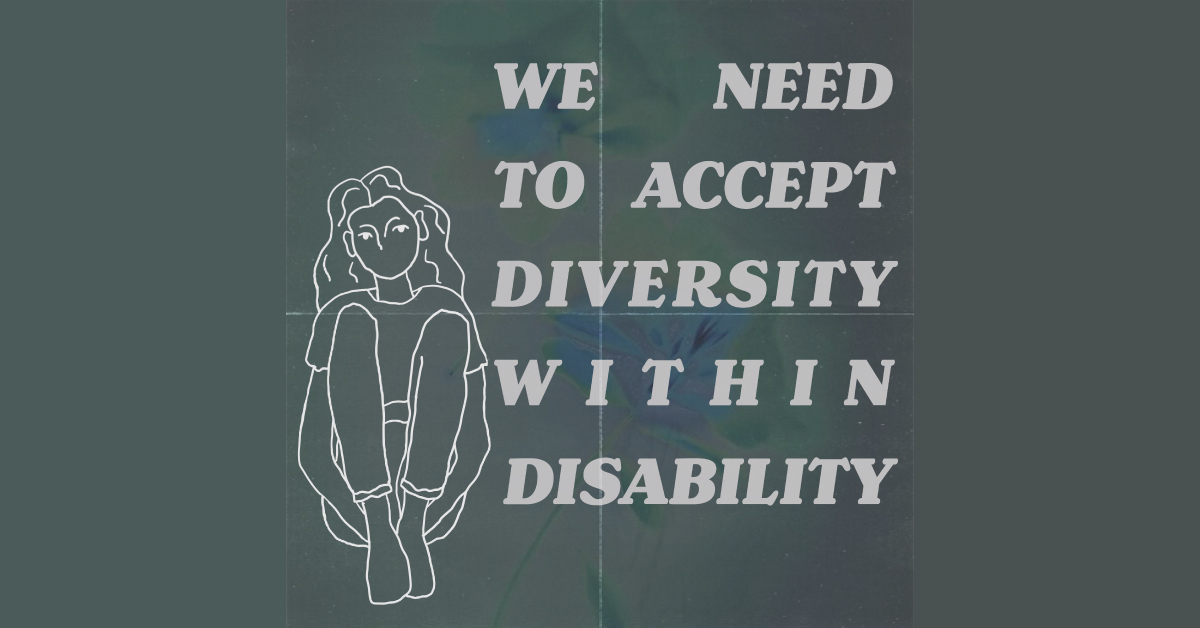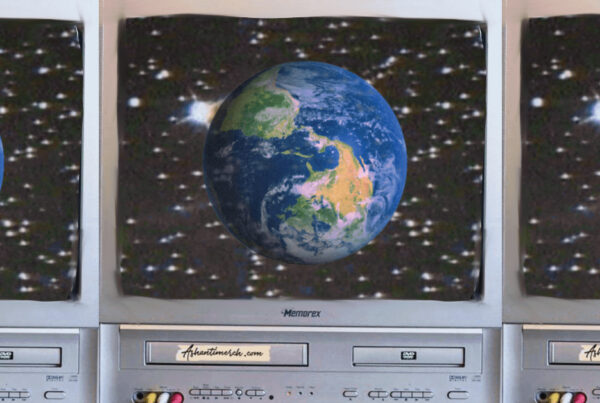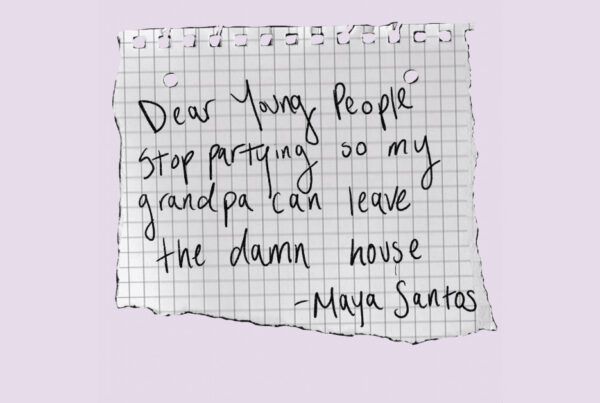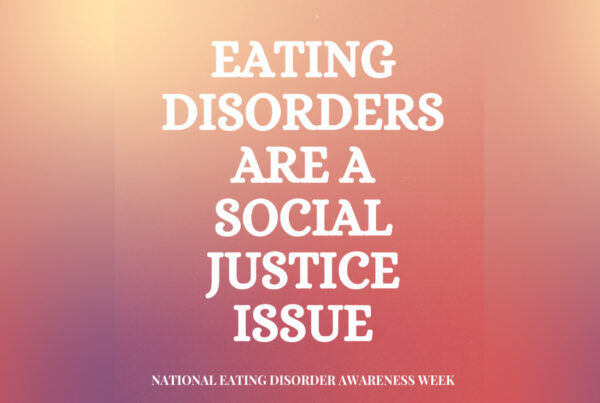I’m 25 and Learning to be Disabled
I set off the smoke detector making breakfast. Nothing unusual; our smoke detector went off if the shower got too steamy. I fanned off the detector with a dish towel and within three shakes, the alarm stopped. But I was out of breath and woozy. I sat down and felt my heart pounding through my chest, my arms shaking like I had just done a Crossfit tournament and not faced a basic home nuisance. After a few minutes and a glass of water, I realized I had to get to work. I hustled to the subway station, and the shakiness migrated through my whole body. I lost my balance and nearly fell over as the subway whistled past me on the platform. I made it through the workday, never quite recuperating a normal pulse or a full breath. I passed out on the couch as soon as I got home. The next day, my back was stiff and sore. And still the day after that.
Then the real fatigue set in. I struggled to keep my eyes open while I ate dinner and fell asleep before the dishes were washed. Searing pain settled in my joints, set off by things as inconsequential as stubbing my toe or writing a birthday card. My doctor sent me to specialist after specialist; they all said they couldn’t help me. My blood tests were pristine. I spent hours each week at physical therapy on the chiropractor’s table, getting stuck by acupuncture needles with no relief. On Christmas Eve, I fainted at the kitchen table while wrapping a last-minute gift.
It was obvious that something was wrong with me, but I refused to make changes to my life. I pushed through days of work on my feet and spent the weekends bed-bound. A few drinks on a night out with friends would have me spending the entire next day with my head over the toilet. I trained for half-marathons until my legs gave out only one-and-a-half miles into my route, forcing me to hobble home, my head hung in shame.
I’ve had unusual symptoms my entire life. I don’t think I’ve ever known what it felt like to feel healthy. By 15, I was quitting extracurricular activities because chronic pain was getting in the way. 23 was when these more intense symptoms started really affecting me. Now, two and a half years after that smoke detector went off, I have an answer: Ehlers-Danlos syndrome, a rare genetic condition that affects connective tissue. There are medications I can take to ameliorate the symptoms of Ehlers-Danlos, but there’s no treatment for the condition itself. Simply put, my genes are broken.
I feel comfortable saying that I have a chronic illness, but saying I’m disabled feels like a lie. When the word disabled is used, we commonly think of someone in a wheelchair or a blind person, or sometimes short-term disabilities like crutches from a broken leg. But my disabilities aren’t visible. No one can see fatigue or pain if I plaster on a big enough smile or drink enough coffee to make me seem perky. Nor do I spend every day “disabled.” Some days I can push through a workout class, clean the apartment, run errands, and make it to a party. But other days, if I get less than seven hours of sleep or if I’ve pushed myself too hard, I’m in so much pain that all I can do is get out of bed for Tylenol and a heating pad.
My condition affects my level of functioning significantly on most days. I can’t sit in one position for too long. I have to do less work so as to not exhaust myself. I can’t be on my feet for too long. I can’t bend down without risking passing out or a migraine. The Americans with Disabilities Act (ADA) defines a person with a disability as someone who has a physical or mental impairment that substantially limits one or more major life activities. My condition disrupts my ability to work, my social life, my relationship with my partner, and my time with family. It is, by the legal definition, a disability.
But I’m scared that if I call myself disabled, someone who has it worse than me – someone who is paralyzed, who can only eat with a feeding tube, someone on more medication than me – is going to tell me that I can’t join the club. That because I can sometimes push myself beyond my limits, that because I only intermittently go to physical therapy, because I live without a full-time caregiver in an apartment with stairs, that I don’t deserve the label of disabled.
I can never truly understand the experience of someone who is visually impaired, deaf, or wheelchair-bound. But there is nothing in the qualification of disability that says that you have to be the sickest, weakest, most disabled person. There isn’t a competition to see who is the most disabled. Rather than see the box as something narrow, we need to change the lens. We need to accept diversity within disability as well, not just see disability as a category of diversity.
There is, also, a level of mourning that comes along with the label at a relatively young age. Because of my condition, if I ever decide to get pregnant, I risk passing the condition onto my children and my pregnancy would automatically be considered high risk. I may require mobility aids, sooner rather than later. I can’t run that half marathon. I probably shouldn’t shotgun a White Claw again (but really, should any of us?). Coming to terms with these realities was and continues to be a process. It’s a daily lesson to learn to live within my physical limits and to try and be grateful for what I can do instead of resenting what I can’t.
And don’t get me started on what I’ll do when I turn 26 and get kicked off my parents’ health insurance. Until then, I’ll be resting.
What Can You Do?
- Refresh your feed by following some disabled influencers. My favorites are Annie Segarra and Jessica Kellgren-Fozard – both are fellow EDSers!
- Learn about the politics of disability language. (But the best way to learn what disabled people’s preferred descriptors are is to ask!)
- Sign petitions and support research for disabilities like Ehler’s-Danlos.

–Sabrina Serani, Content Creator







This article was very eye-opening and completely changed my perspective on the word, “disabled.” Thank you for sharing your story.